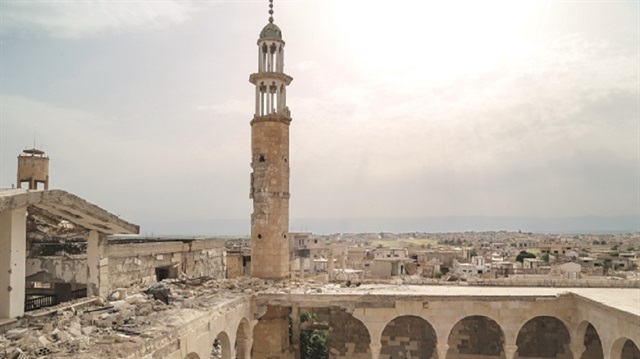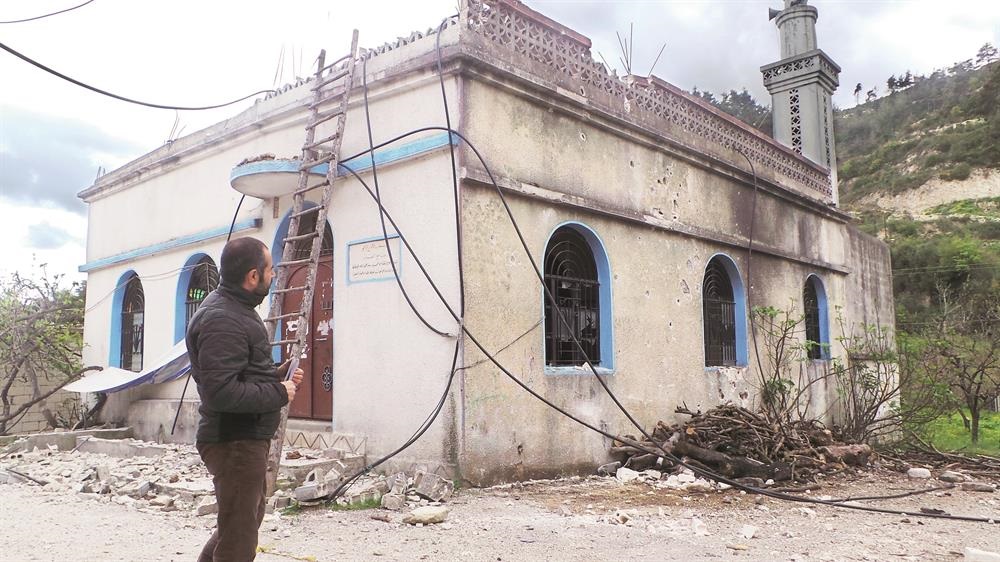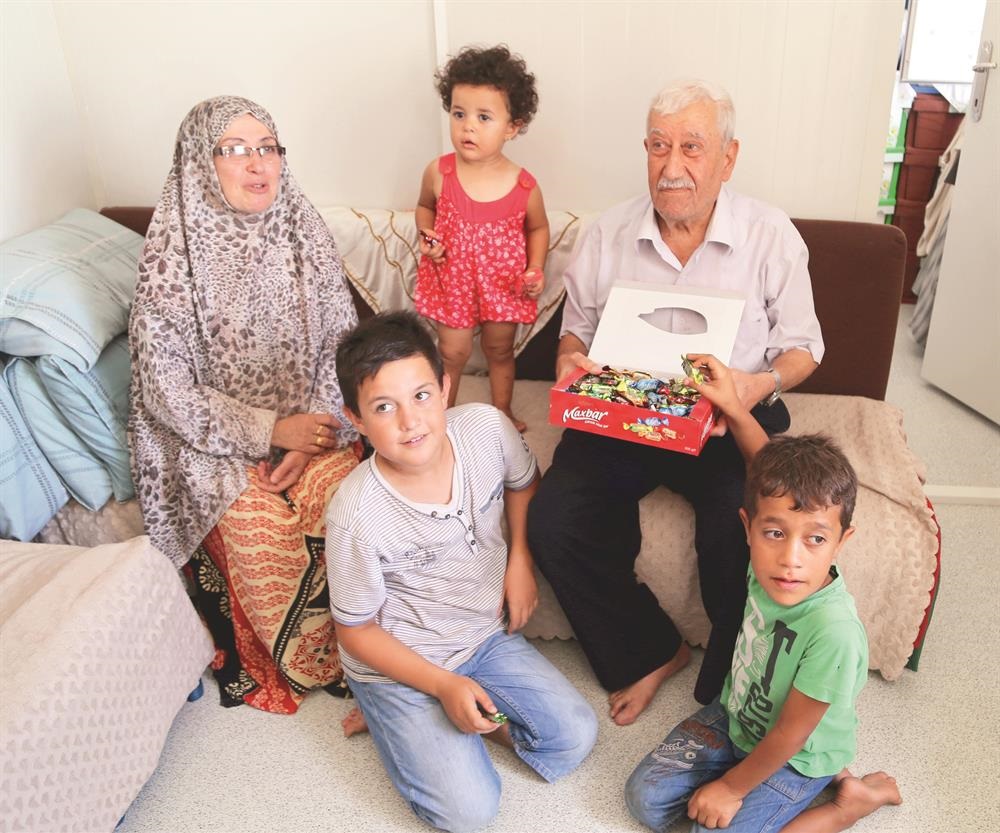
According to a report by the Syrian Network for Human Rights, 1,400 mosques were destroyed in the years between 2011- 2013, while 13,000 were flattened since 2013
Almost 39 percent of Syria’s mosques were rendered unusable after they were targeted by shelling from the U.S., Russia and the Assad regime, while 4.7 million refugees of the 13 million displaced due to the raging civil war were forced to celebrate Eid in camps and 107,000 arrestees observed the Islamic feast of the sacrifice in detention centers and prisons across the war-torn county.
According to a 2017 report by the Syrian Network for Human Rights (SNHR), no mosques had escaped damage in opposition-held towns and villages in Aleppo, Deir Ezzor, Hama, Damascus, Raqqa, Idlib and Homs.
According to the report, 1,400 mosques were destroyed in the years between 2011- 2013, while 13,000 were flattened since 2013.
Underground mosques were established in several areas which were abandoned upon edicts, or fatwas, issued as worshippers were targeted as they performed Friday prayers in mosques across Syria.

Several historical mosques were targeted by shelling in Syria such as the mosques of Khalid Ibn al-Walid in Homs, Masjid Zakaraya in Aleppo and Daraa’s Omar Ibn al-Khattab mosque.
The Ottoman-era Adliye Mosque in Aleppo’s Old City and the Seljuq-era Qishla Mosque in the Hanano district were turned to rubble.
Throughout 7 years of war, 9,500 mosques were destroyed in urban centers, while the remaining 4,000 are located in rural regions across Syria.
Eid prayers in opposition-held cities were held in partly-damaged mosques since the majority were destroyed in shelling.
For the 5 million Syrian refugees forced to live in camps, Eid prayers were held in tent mosques.
Over 30 churches and a number of synagogues are among the places of worship destroyed in the war in Syria.

For Syrians who sought refuge in Turkey after fleeing the civil war that has been raging in their country since 2011, it meant that they will have to spend yet another Eid away from their homes and relatives.
In Hatay’s Boynuyoğun Temporary Shelter Center, 987 of the close to 8,100 Syrians who reside there have returned to their country before Eid.
The majority of those who stayed behind are elderly Syrians who are preparing to celebrate Eid in Turkey.
Sixty-seven year old Malak Abdullah left her country for 7 years after she sought refuge in Turkey which, she says, means having to spend 14 Eids away from home.
Abdullah looks back longingly to her country and spending Eid there, ‘Even though we live in peace and security here, for us Eid has become a sad occasion. We try to reminisce back to the Eids we spent in our country, Praise be to god we’re living in a Muslim country. Turks can sympathize with what we have been through,’’ concludes Malak.






